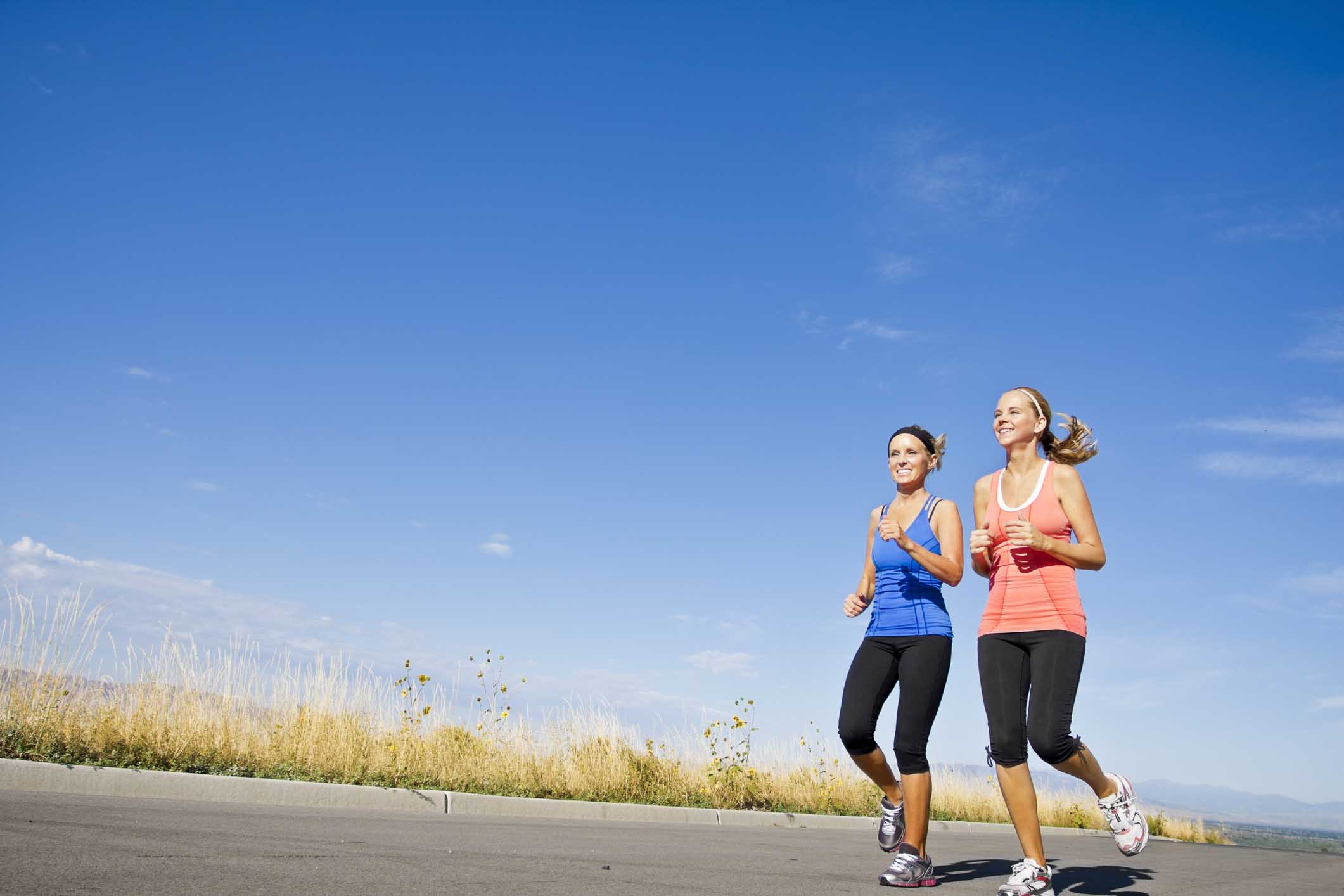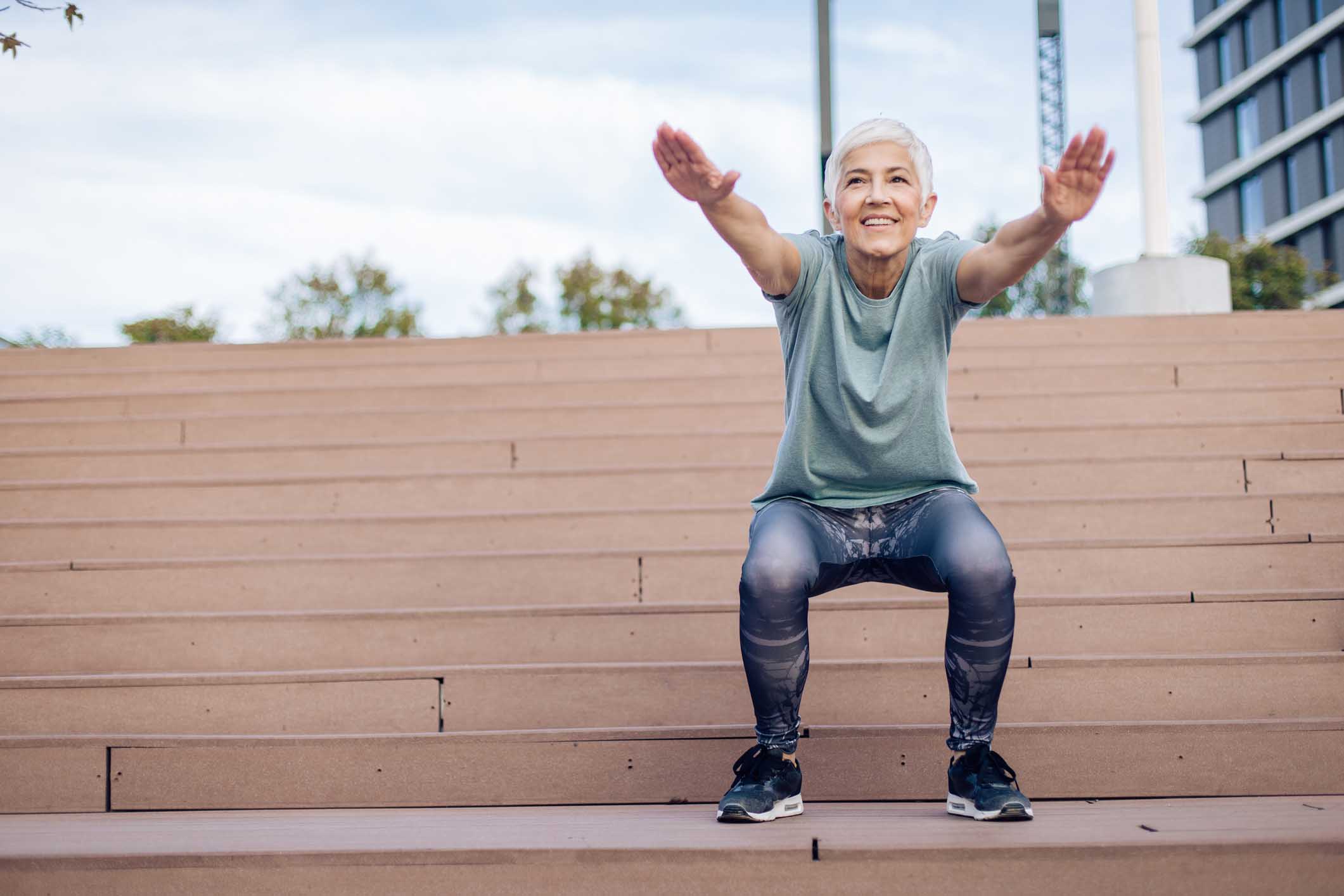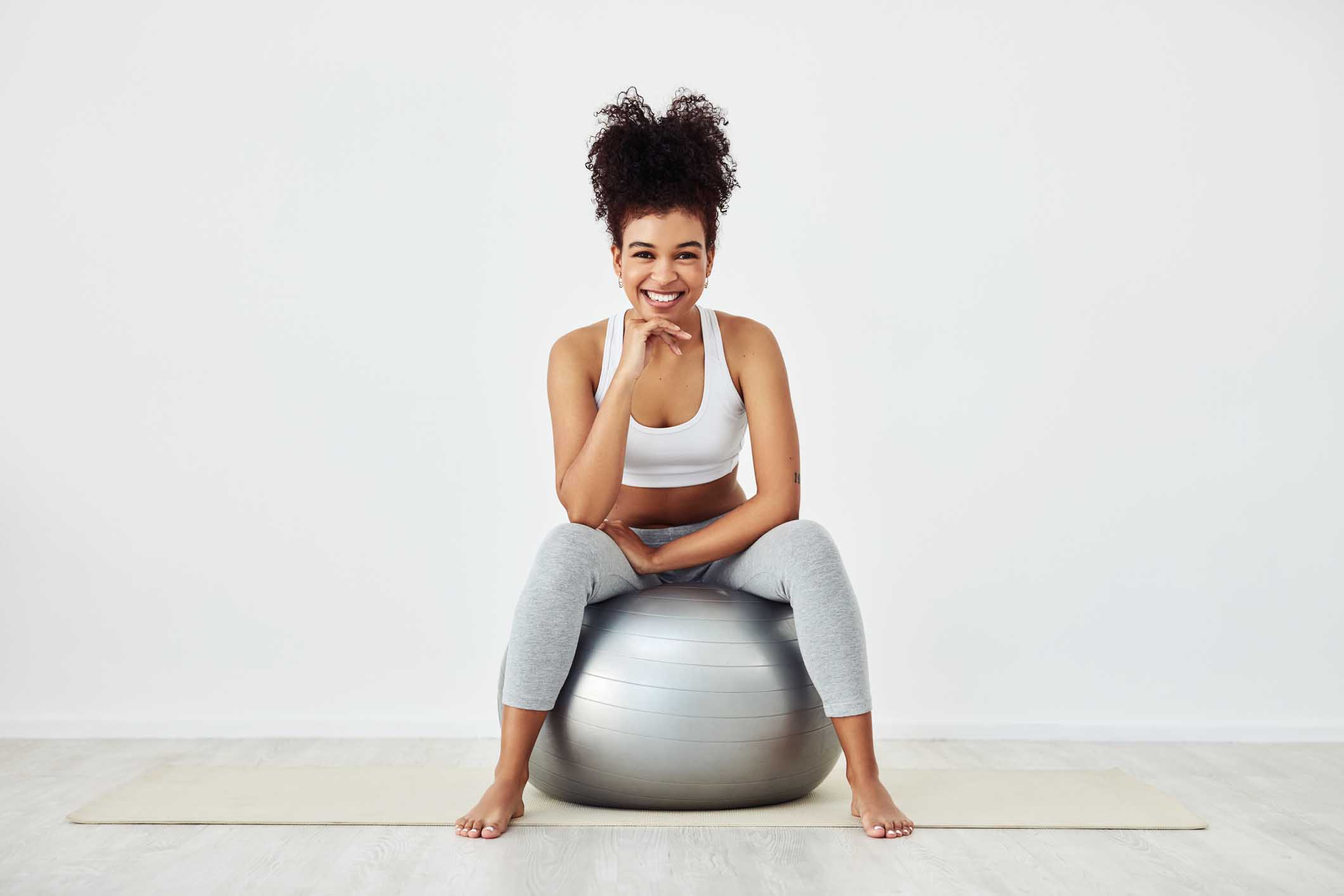How to Increase Sex Drive during Menopause
How to Increase Sex Drive during Menopause
When poor sleeping, night sweats, hot flashes, mood swings and/or vaginal dryness spring up, who can think of gettingbusy in bed?
"Estrogen directly affects the vaginal and vulvar tissues, enhancing genital blood flow, nerve function, and tissue integrity thus maintaining the ability to lubricate and improve smooth muscle contractility," says Renee Horowitz, obstetrician and gynecologist, founder of the Center for Sexual Wellness in Farmington Hills, Michigan.
Although reduced estrogen is seen as the evil hormone responsible for the symptoms we face through menopause, it's not the only one. Testosterone also influences the libido. This is particularly true when testosterone peaks during your 20s. By the time you get to menopause, testosterone levels one levels drop to about one-half due to the natural aging process.
"It is hard to separate out the role of testosterone in female sexual desire," says Horowitz. "There is strong evidence that the lack of testosterone can lead to decreased desire, energy, arousability, and orgasm."
Check the Basics
It may sound like there is no way to counterbalance such an extreme roller coaster; however, exercise and diet can impact how we endure this up-and-down ride. Ask yourself these questions:
How are you eating? You may have 10 nagging pounds to lose, but you still can't resist the happy hour and drive-thru. A diet high in sugar, saturated fat, and processed food may not directly affect your libido, but it will influence how you feel physically and how you see yourself on an emotional and psychological level, adds Horowitz.
Food is tied to your energy levels how do you feel after eating a double cheeseburger with French fries compared to salmon with vegetables? "Less fatigue leads to more energy, which leads to more sex," says Horowitz.
High sugary food drains your energy by spiking glucose levels, which gives you a quick pick me up only to be followed by a steep energy crash. This is a vicious and dangerous cycle that promotes a higher body weight and fat, among other health issues.
Rx: Cheer yourself up by keeping an important neurotransmitter under control. To feel energized, maintain dopamine levels with more omega 3-fatty acid rich food, found in nuts, salmon, tuna, and chia seeds. Also increase your intake of foods high in the amino-acid tyrosine, which helps in the production of dopamine, such as avocado, legumes, and low fat dairy. Release stress and feel calmer by eating foods high in the amino-acid tryptophan, which assists in the production of serotonin: brown rice, cottage cheese, sesame seeds, and peanuts.
Are you hypertensive? Do you have high cholesterol? Anything that causes arteries to harden affects circulation, thus the blow flood to the genitals will be reduced. "This will limit engorgement as well cause problems with sensation. Things won't feel as good, so you won't want to keep having sex," says Catherine Gagnon, CNP, of San Diego Sexual Medicine.
A vascular system that works overtime can put a serious damper on your sexual life, and so do the drugs to treat related health conditions, such as hypertension and high cholesterol. In fact, most studies show men and women with hypertension have a higher incidence of sexual dysfunction than control groups. "There is a higher incidence of decreased libido, erectile dysfunction, decreased lubrication, and difficulty achieving orgasm," says Horowitz.
Rx: If you take vascular-related medications, you should never stop or alter your prescription without consulting your doctor. However, you can take steps to better manage your condition: lose weight, stop smoking, and exercise more. These may help to normalize your vascular system and/or allow you to get off your medications, points out Horowitz.
Studies show that some foods rich in antioxidants, such as vitamin C and folate along with the intake of foods rich in the amino-acid arginine, enhance endothelial function by increasing nitric oxide synthesis, which is a potent vasodilator.
Have more spinach, collard greens, lentils, kiwi, strawberries, mango, and other foods with folate and vitamin C, and arginine food sources, such as chocolate, almonds, cashews, Brazil nut, chicken, and beans.
Are you exercising? Flexing your muscles makes them stronger and helps prevent testosterone decline. It also decreases belly fat, which is tied to some of the menopause vasomotor symptoms like night sweats and hot flashes. If this doesn't make you lace up your sneakers, consider this: exercise induces the release of good feeling hormones right away and up to 24 hours after ending your workout. Exercise makes you stronger and leaner, which will immediately impact your self-esteem and confidence, and make you feel sexier.
RX: Just 20 minutes of moderate aerobic exercise, such as walking, jogging, dancing, and biking, increases nitric oxide production, which boosts blood flow to the muscles and brain. Add 10 minutes of resistance training to work out big muscles such as squats, push-ups, lunges, and shoulder press. Moderate-heavy weights, performed at a fast pace, will pump up testosterone production.
And don't overlook the power of the body-mind disciplines like yoga and Pilates to enhance your libido. Both build a stronger core, which supports the sexual organs, increases flexibility and creates a better muscle-mind connection to release stress and tension.
Recommended Products
Absorbency Level
Absorbency Level














